In a landmark move aimed at addressing wage inequality, Governor Gavin Newsom’s signing of AB 1228, known as the FAST Recovery Act, has ignited a surge in California’s limited-service restaurant industry. The enactment of a $20 minimum wage for fast-food workers on April 1, 2024, not only signifies a significant milestone in the state’s economic policy but also promises to uplift thousands of workers by bringing them closer to a living wage.
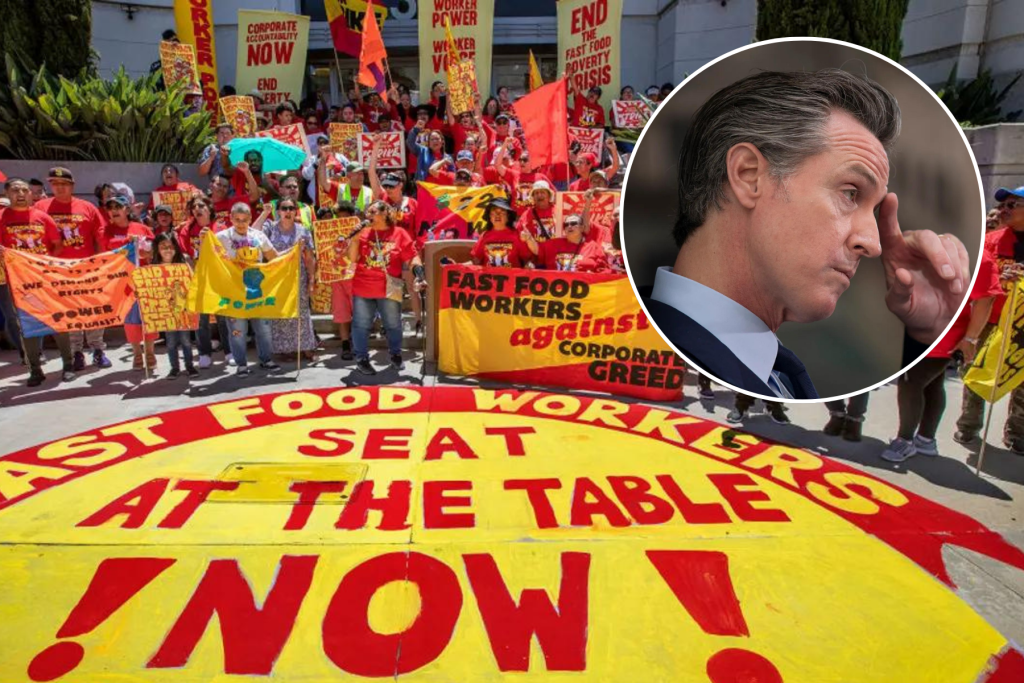
Contrary to skeptics’ concerns, recent data from the Bureau of Labor Statistics (BLS) paints a picture of robust growth within the fast-food sector following the implementation of the FAST Recovery Act. Between September 2023 and April 2024, California experienced a net gain of 4,500 jobs in limited-service restaurants, indicative of the legislation’s positive impact on employment.
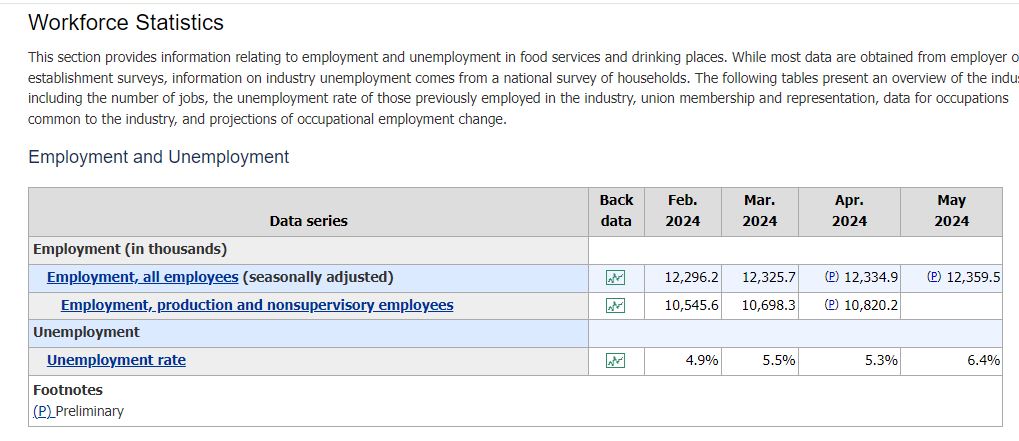
When comparing April 2023 to April 2024, the state saw a substantial uptick of 6,600 jobs in the fast-food industry. This surge not only underscores the resilience and growth potential of California’s economy but also highlights the tangible benefits of progressive wage reform for workers.

One of the most significant outcomes of the FAST Recovery Act is the improvement in workers’ livelihoods. With the implementation of a $20 minimum wage, fast-food employees are now closer to earning a living wage, enabling them to better support themselves and their families. This wage increase not only enhances their financial security but also addresses long-standing concerns regarding income inequality in the state.
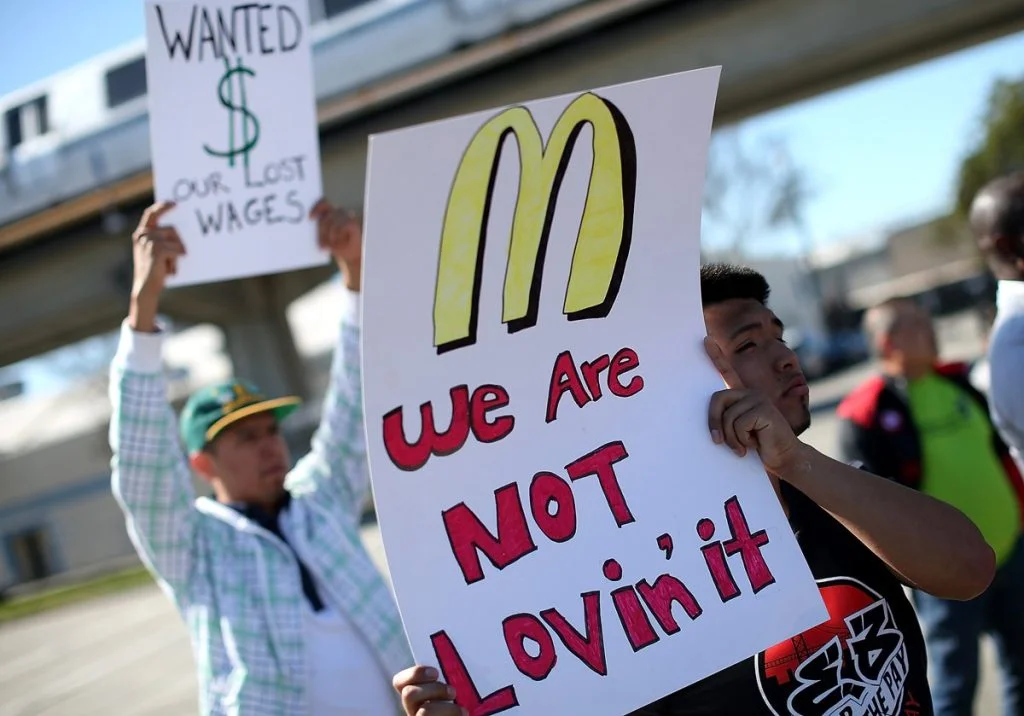
Critics have attempted to undermine the success of the FAST Recovery Act by selectively analyzing data. However, a comprehensive examination of BLS figures reveals a consistent upward trend in employment within the fast-food sector leading up to and following the implementation of the $20 minimum wage.
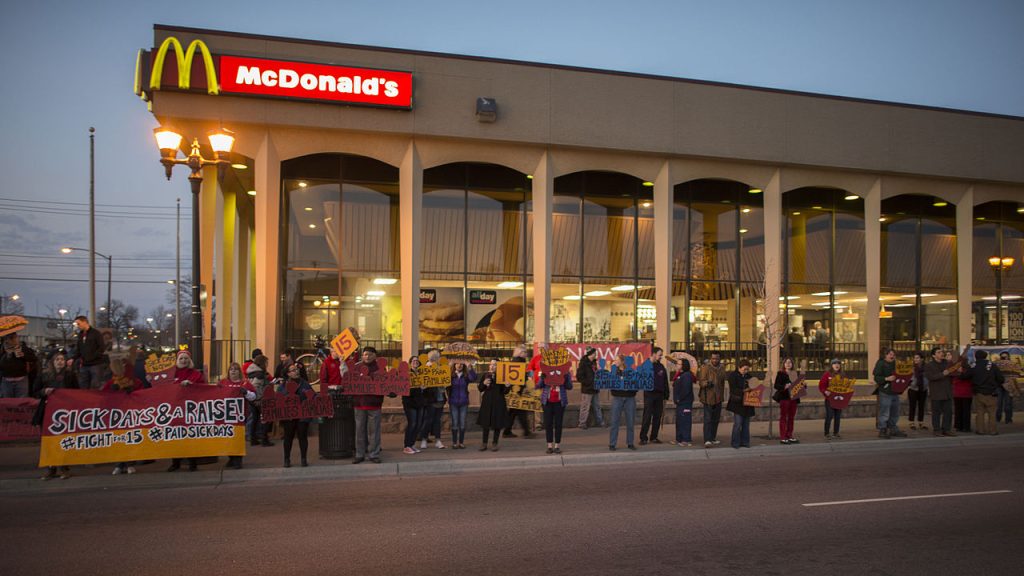
The data unequivocally refutes claims of job losses or industry downturns, highlighting instead the positive outcomes of the legislation. Not only has the FAST Recovery Act bolstered job creation, but it has also empowered thousands of fast-food workers with a living wage, enhancing their quality of life and economic stability.
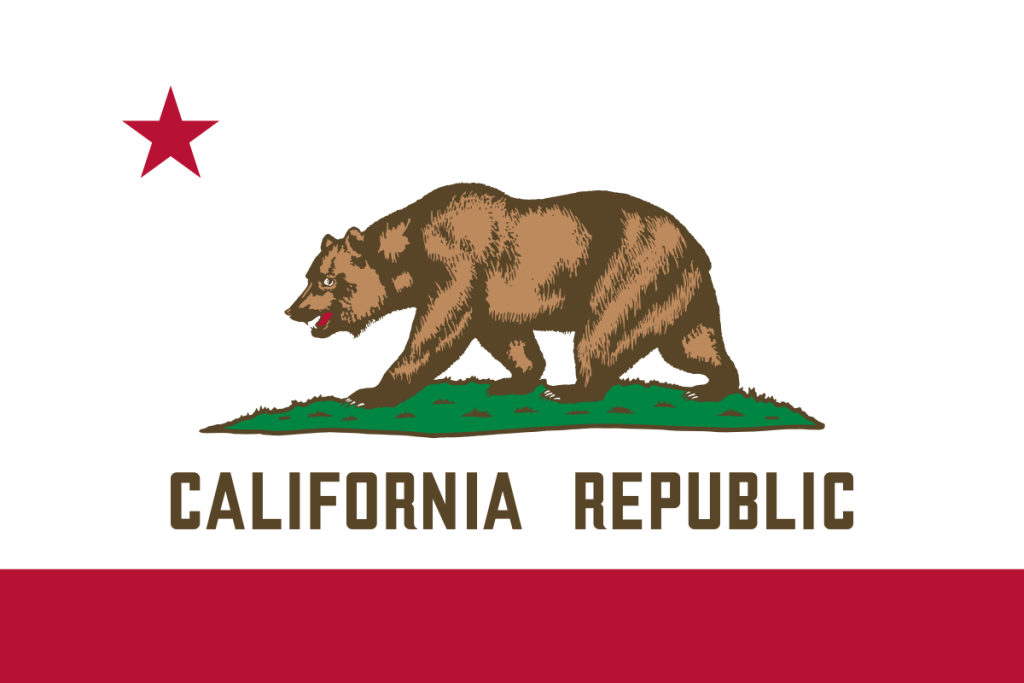
California’s success in implementing a $20 minimum wage for fast-food workers sets a precedent for other states grappling with wage inequality. By prioritizing fair wages and economic justice, policymakers can stimulate local economies and foster a more equitable society.

As the state continues to reap the benefits of this landmark legislation, it serves as a shining example of progressive economic reform. The positive outcomes observed in California underscore the importance of bold action in addressing income inequality and promoting inclusive prosperity for all citizens.

The FAST Recovery Act’s implementation of a $20 minimum wage for fast-food workers has sparked significant economic growth in California’s limited-service restaurant industry while simultaneously bringing workers closer to a living wage. The data-driven success of the legislation reaffirms the state’s commitment to fostering a fair and prosperous future for its workforce.






